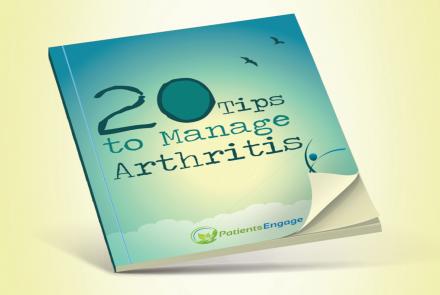Tai Chi, the ancient martial art from China, may be widely known as a self-defense art, but has abundant health benefits that can help cure ordinary ailments to life threatening diseases, says Tai Chi guru Carlton Hill.
What is Tai Chi? How is it different from other martial arts?
Tai Chi Chuan or Taijiquan is a five thousand year old martial art practised in China. Though, in present times, it is mostly practised for its health benefits. Tai Chi Chuan is unique because one can…

This is a caregiver training video resource from HCA Hospice Care, Singapore.
It shows how you can gently massage to soothe an elderly person or a patient.
Changed
09/Apr/2016
Condition
















